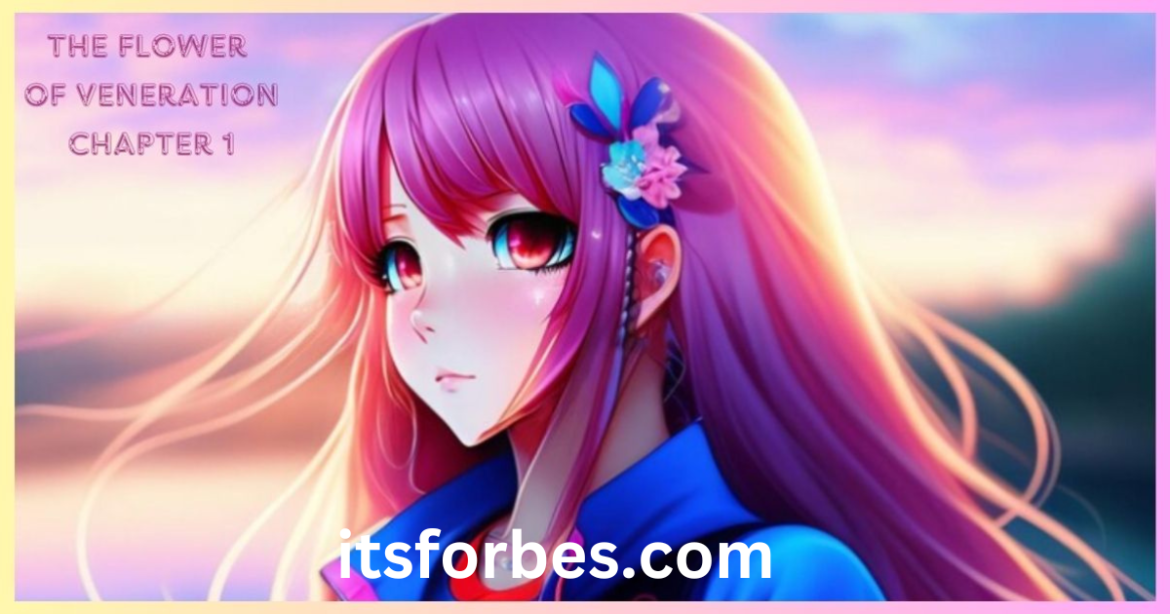Introduction
Intricately woven into the fabric of history and culture, the flower of veneration chapter 1 has captivated minds and hearts for centuries. This article delves deep into its essence, unraveling the mysteries that surround this revered flower.
The Origin Story
Historical Context
The roots of the flower of veneration chapter 1 trace back to ancient civilizations, where it held sacred meanings and played vital roles in rituals and ceremonies.
Mythological Significance
Legends intertwine with the flower’s existence, narrating tales of gods and goddesses bestowing it with divine powers and blessings.
Cultural Impact
Across different cultures, the flower of veneration chapter 1 has left an indelible mark, symbolizing purity, beauty, and spiritual enlightenment.
Symbolism
Religious Significance
Within religious contexts, the flower embodies virtues like peace, harmony, and devotion, often adorning temples and sacred spaces.
Artistic Representation
Artists throughout history have immortalized the flower in paintings, sculptures, and literature, capturing its ethereal allure.
Literary Influence
Poets and writers have woven intricate metaphors around the flower, using it as a symbol of love, resilience, and the cycle of life.
Cultural Practices
Festivals and Rituals
Communities celebrate the bloom of the flower with vibrant festivals and elaborate rituals, honoring its symbolic importance.
Traditions
Generations have passed down traditions centered around the flower, preserving cultural heritage and storytelling traditions.
Beliefs and Customs
Beliefs and customs associated with the flower vary, reflecting diverse interpretations and local folklore.
Modern Interpretations
Pop Culture Influence
In contemporary times, the flower of veneration chapter 1 continues to inspire art, fashion, and pop culture trends, showcasing its timeless appeal.
Contemporary Usage
From weddings to wellness practices, the flower finds its place in modern lifestyles, symbolizing beauty, renewal, and inner peace.
Trends
Emerging trends highlight innovative uses of the flower, blending tradition with modernity in sustainable practices and eco-friendly initiatives.
The Flower Today
Varieties
A diverse range of flower varieties captivate enthusiasts, each carrying its unique charm and symbolism.
Cultivation Methods
Advancements in cultivation techniques ensure the flower’s availability while preserving its natural essence and biodiversity.
Economic Importance
The flower’s economic significance extends to industries like horticulture, perfumery, and herbal remedies, contributing to livelihoods worldwide.
Environmental Impact
Efforts are underway to protect the flower’s natural habitats, promoting conservation and sustainable practices for future generations.
Benefits and Uses
Medicinal Properties
Traditional medicine harnesses the flower’s healing properties, offering remedies for various ailments and promoting well-being.
Culinary Uses
Culinary enthusiasts explore the flower’s culinary delights, infusing dishes with its delicate flavors and aromas.
Aesthetic Value
Gardeners and florists treasure the flower for its aesthetic beauty, creating stunning arrangements and landscapes.
Spiritual Significance
Spiritual seekers find solace and inspiration in the flower’s symbolism, connecting with its deeper meanings and spiritual teachings.
FAQs
- What is the spiritual significance of the flower of veneration chapter 1?
- How has the flower influenced art and literature throughout history?
- Are there different cultural interpretations of the flower?
- What are some modern trends involving the flower?
- Can the flower be grown in home gardens?
- What are some health benefits associated with the flower?
Conclusion
The flower of veneration chapter 1 transcends time and borders, weaving a tapestry of beauty, meaning, and cultural richness. Embracing its legacy ensures a harmonious blend of tradition and innovation, honoring nature’s gifts and timeless wisdom.

